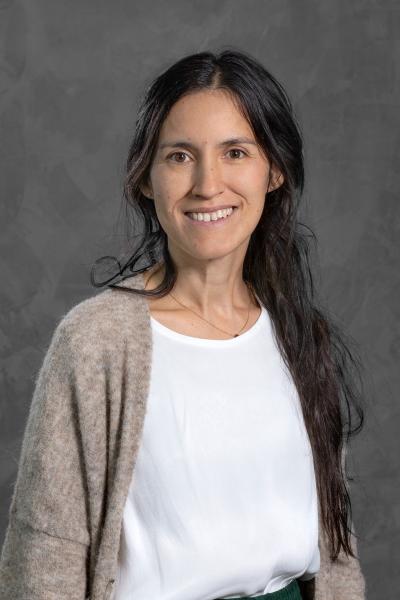Re-working the system together: co-developing a service model with forced migrants in Sweden with experience of sexual and gender-based violence
Main Supervisor: Georgina Warner
Assistant Supvervisor: Anna Sarkadi and Hannah Bradby
What is your educational background?
I am a medical doctor with a master in public health
Why did you apply to WOMHER's interdisciplinary graduate school?
I have always had an interest in mental health as well as in social determinants of health and in working to decrease health inequities. To do so, I believe it is important to collaborate across sectors and draw on multiple disciplines. Therefore, I was interested in doing my PhD project within WOMHERs cross-disciplinary research school.
Tell us more about your research project?
If untreated, experiences of sexual and gender-based violence (SGBV) can have several detrimental consequences, and can even lead to death. It is internationally recognised that current service provision is failing forced migrants. This project aims to improve forced migrants’ access to support for experiences of SGBV, thereby reducing the risk of detrimental consequences. The first part of the project focuses on identifying the self- and professional support needs of forced migrants who have experienced SGBV and mapping how current service provision aligns with these needs. The findings will inform the development of a new service model, which will undergo validation and feasibility testing. Both mapping of current service provision and the development of the service model will be done in collaboration with service providers from relevant services and service user representatives, i.e. people with own experiences of forced migration and SGBV.
What do you hope the impact of this project to be?
I hope this project will contribute to knowledge on how to better support migrants in Sweden who have experienced SGBV, and thereby prevent associated negative impact on health and well-being. I also hope that it can give some methodological insights on how services can be co-created with both service users and service providers.

PhD student at Department of Public Health and Caring Sciences, Social Medicine/CHAP
